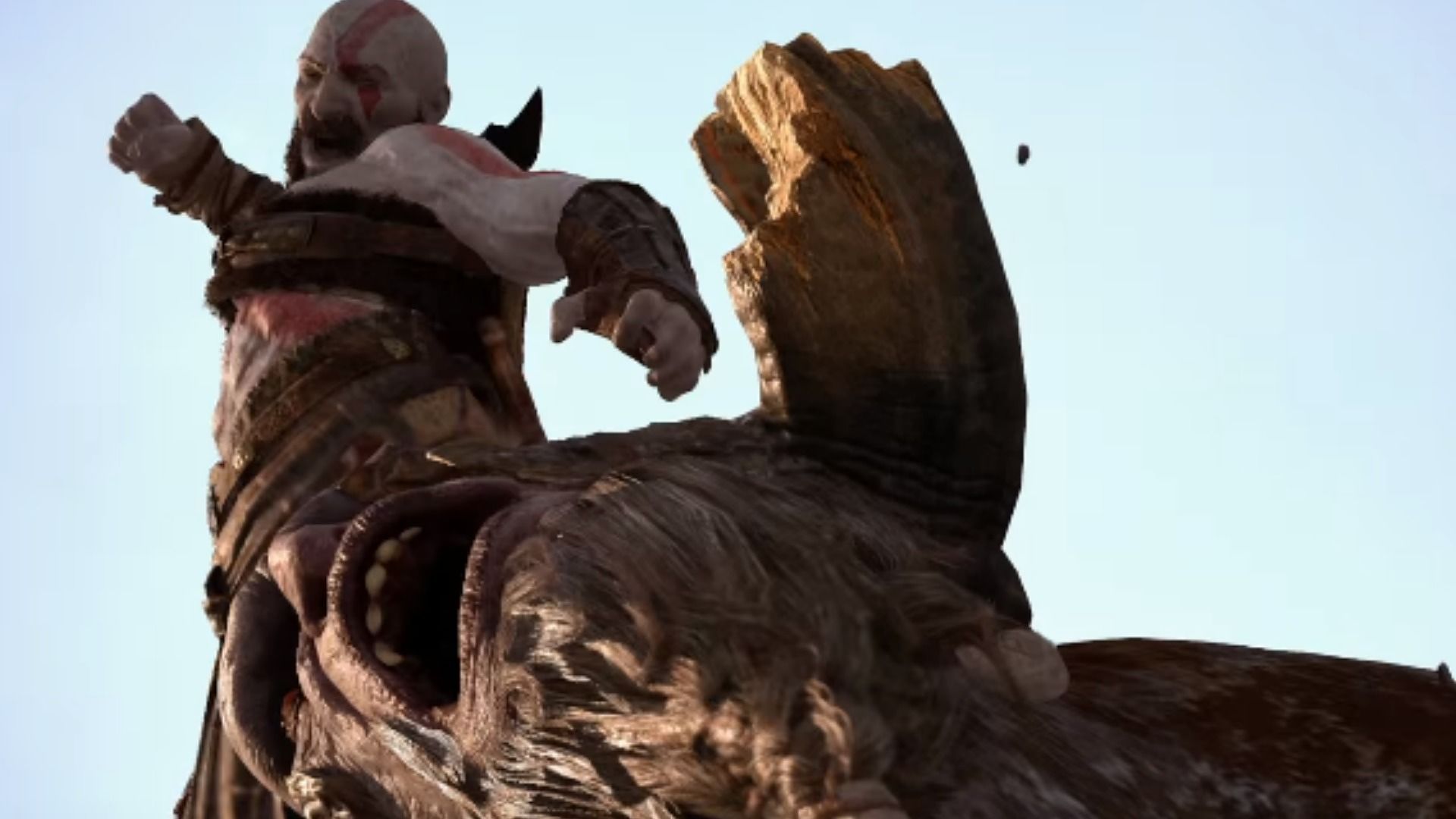Microsoft, Nintendo, and Sony form alliance to oppose Trump Administration's console tariffs
Import tariffs could cripple next-gen consoles and US game development

New import tariffs proposed by US president Donald Trump and his administration could seriously damage the video game industry, so Microsoft, Nintendo, and Sony have assembled like the corporate Avengers to fight back.
These tariffs would increase the cost of all China-made imports by 25%, including our beloved consoles, and while the US Trade Representative and White House officials have argued that the tariffs will protect and benefit the country's IP and technology, they could have ruinous consequences for several industries, including video games. In response to this, earlier this month Microsoft, Nintendo, and Sony Interactive Entertainment submitted a joint letter to the US Trade Representative calling for video game consoles to be removed from the list of tariffs, citing "enormous impact and undue economic harm" on the video game industry.
You can read the letter in full here. The crux is that the vast majority of game consoles - over 96% of consoles produced in 2018, for instance - are made in China, and as such the proposed tariffs would effectively increase the price of console production by 25%. Microsoft recently unveiled Xbox Project Scarlett, Sony has been sharing more and more about PS5, and Nintendo is rumored to have two new Switch models in the pipe. The next generation of consoles is on the horizon, so the three companies driving it obviously have a vested interest in keeping costs low.

Beyond disrupting supply and manufacturing lines, the big three also argued that these tariffs would hurt both consumers and developers. "Given that retail margins on video game consoles are generally very tight, we see no possible reasonable scenario for retailers other than passing tariff costs down to consumers," the letter reads. In other words, these tariffs could increase the price of consoles by 25%.
"Any imposition of tariffs leading into the winter holidays - the strongest sales season for consoles - would have a significant negative impact on US-based retailers and their employees in particular, because promotional offers on consoles are important to driving sales volume. Tariffs would make it especially difficult for both console makers and retailers to support the types of promotional offers typical of the holiday season."
So these tariffs could not only bungle next-gen consoles, but also sales of existing consoles. The letter notes that "the ripple effect of harm could be dramatic," pointing to the many US-based game studios and employees that would be affected by the reduced sales which would result from increased console prices.
Trickle down harm

"The effects on communities could be compounded by necessary relocations to other states or countries of high wage earners," the letter reads. "Reduced video game console sales unquestionably will lead to reduced sales of games, which is highly likely to have a deleterious effect on the small and medium-sized businesses that make these games, and on the workers whom they employ."
Weekly digests, tales from the communities you love, and more
"Console game development is already a highly competitive space; when game sales are depressed or games are canceled, major layoffs routinely result. Because console makers are publishers of independent games as well, providing manufacturing, marketing, sales and/or distribution assistance for the games made by these small developers, declining revenues for console makers could translate into reduced support for developers."
Basically, producing and pricing consoles in a way that both gamers and manufacturers can afford is already like trying to put ten pounds of tech in a five-pound bag. The Trump administration's proposed trade tariffs would effectively add 2.5 pounds of pressure and make it all but untenable, and when the console manufacturers at the top suffer, so do studios, designers, and consumers. Said differently, nobody would benefit from these video game tariffs, and certainly not the US.
As the letter noted, "video game consoles are not the focus of the Chinese practices targeted by this investigation. Video game consoles are not priorities in any Chinese industrial policies, e.g. Made in China 2025. Indeed, Chinese developed and branded video game consoles are virtually non-existent." A study by the Consumer Technology Association cited in the letter found that "after accounting for new tariff revenue, the result is a net $350 million loss for the US economy for each year the tariffs remain in effect, with the burden carried by US consumers."
Here are 11 tech demo videos that will make you excited for PS5, Xbox Project Scarlett and all things next-gen.

Austin has been a game journalist for 12 years, having freelanced for the likes of PC Gamer, Eurogamer, IGN, Sports Illustrated, and more while finishing his journalism degree. He's been with GamesRadar+ since 2019. They've yet to realize his position is a cover for his career-spanning Destiny column, and he's kept the ruse going with a lot of news and the occasional feature, all while playing as many roguelikes as possible.


